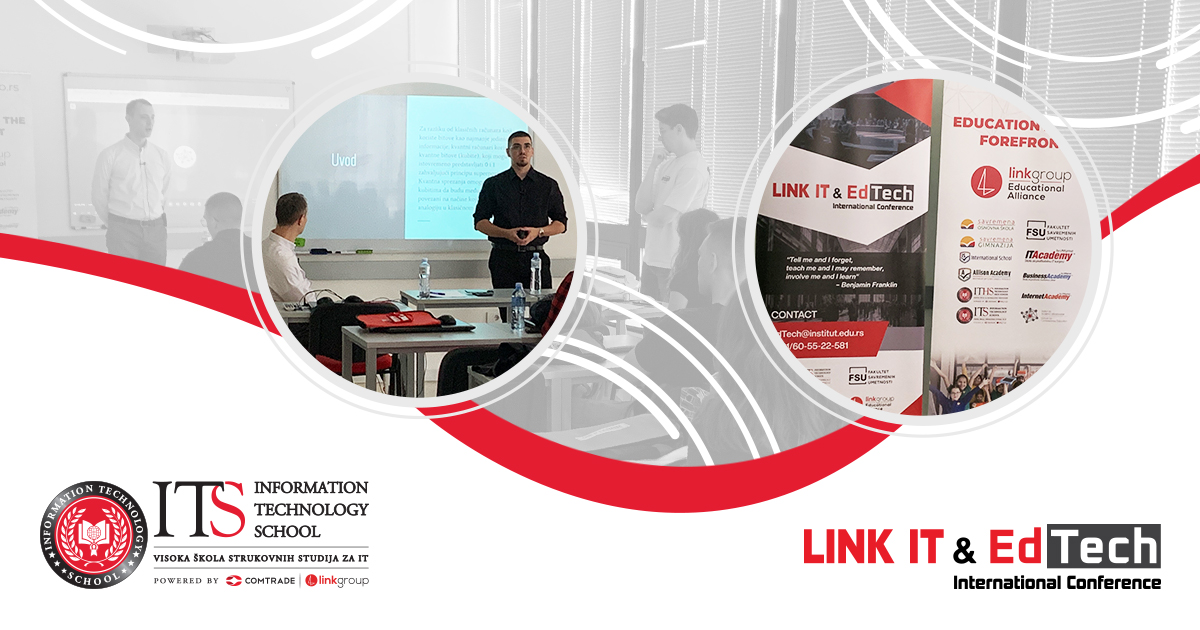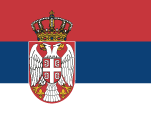
Nikola Jovanović, a representative of the ITS Student Parliament, participated in the conference and greeted the attendees on behalf of the ITS Parliament. Jovanović presented his paper titled “Evolucija kvantnog računarstva i njegovi potencijali u rešavanju kompleksnih problema”, which attracted significant attention from the participants.
Nikola Jovanović from the Information Technology School (ITS) in Belgrade explores in his paper the advancements in quantum computing and its potential to solve complex problems beyond the reach of classical computers.
The paper focuses on the evolution of quantum computing – from its theoretical foundations to contemporary applications, particularly in areas such as cryptography, optimization, and molecular system simulations. Quantum computers use quantum bits (qubits), which can be in multiple states simultaneously due to the principles of superposition and quantum entanglement. This enables quantum computers to perform operations much faster than classical computers.
Jovanović particularly analyzes key quantum algorithms, such as Shor’s algorithm for factoring large numbers and Grover’s algorithm for searching unsorted databases. Shor’s algorithm shows exponential improvement in factoring speed, which could significantly impact security systems based on the difficulty of factoring numbers. Grover’s algorithm provides quadratic speedup in searching, which is useful for various optimization problems.
Jovanović concludes that, although quantum computing has not yet reached its full potential, advancements in this field indicate enormous possibilities for the future. Quantum computers have the potential to revolutionize areas such as cryptography, optimization, and molecular system simulation, providing new solutions for industry and science. However, further research and development are needed to overcome technical challenges and realize the true potential of quantum computing.
The international scientific conference LINK IT & EdTech24 took place from May 24 to 25, during which a student symposium was organized. The conference was organized by the Faculty of Contemporary Arts, the Information Technology School, and the Institute for Contemporary Education. The participation of students of applied studies in the scientific conference proves that science is not reserved only for academic studies.




